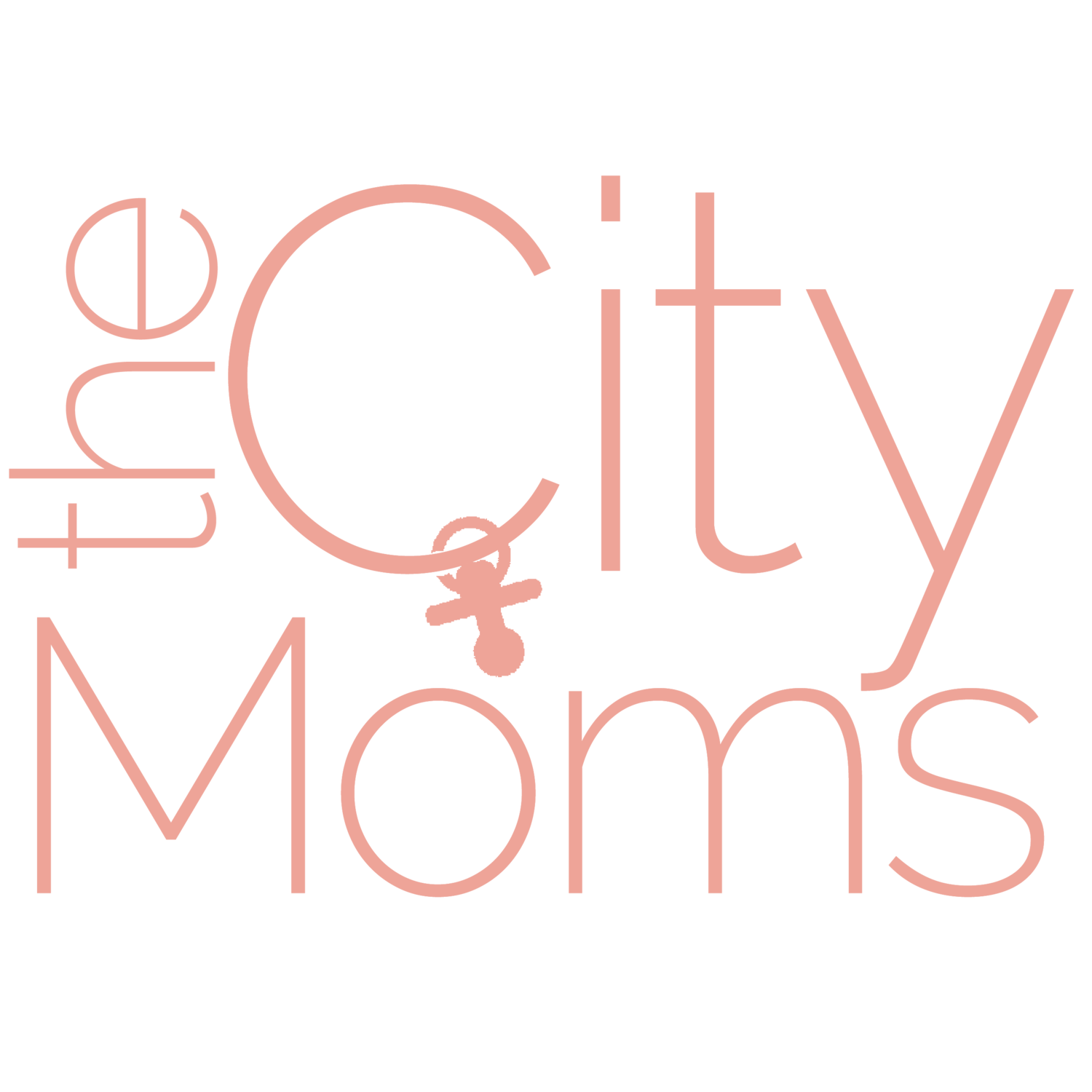Real Talk: Premenstrual Dysphoric Disorder
Chances are, you or someone you know is living with Premenstrual Dysphoric Disorder (PMDD) - a much more severe form of premenstrual syndrome (PMS) - since anyone who menstruates can experience symptoms. And though PMDD affects 5 million women in the US, while chatting with another mama recently we realized we knew very little about it. Period convos can be tough, but we’re here with the real talk to help you know the signs and approach your doc.
Before you start googling to see if you have it, we’ve got you covered.
Key ways to identify PMDD:
Symptoms similar to PMS such as bloating and fatigue
Extreme sadness
Extreme shifts in mood
Significant irritability and/or anger
If you think that sounds a lot like PMS, you’re right. Many women think the severity of their PMS is “normal” or “just how it is.” It’s not, it’s likely PMDD. John Hopkins University has a great symptom checker that thoroughly lists the symptoms - but remember that nobody knows your body better than you. If something feels “off,” then it may be time to call your doc.
Don’t just take our word for it! We pulled in Dr. Amy Moon from New Moon Center for Women’s Health in Carmel, IN to help us know when it’s time to see someone. She told us this disorder is much more common than people think and it’s very important to get a prompt diagnosis. Dr. Moon said, “When a patient comes in for a check-up they answer some screening questions about their health which include hormonal and mental health. I like to clarify these answers and often we find that maybe this person does have PMDD and we can come up with some solutions.” She suggests that you go to the provider in your life with whom you have the best relationship if you think you may have PMDD. (AKA - you don’t need a specialist!)
And because we know these convos can be tough, we’re sharing some suggestions to get you started:
Come right out and say it. Don’t be afraid to tell your provider “I think I have PMDD.”
Keep track of your cycle symptoms at home to show your provider how you’re feeling day-to-day. (Hint, use an app!)
Be sure to bring up any mental health symptoms you’ve experienced (like depression, anxiety, or mood disorders).
If you have a therapist, talk to them about how you’re feeling. They may be able to point you in the right direction.
If you’ve tried anything to help with your symptoms, be sure to tell your provider.
Read This Next…
Have you tried to relay your symptoms in the past and felt dismissed? You’re not alone. One in 20 women is affected by PMDD, yet it remains virtually unheard of. Many women are afraid of or uncomfortable sharing their symptoms with a professional (or even personal relationships!). As mamas, we are so used to caring for everyone else, that we’ll often minimize our own red flags (pun intended).
“This is real.” Dr. Moon validated, “But there is something that can be done for it, you don’t have to suffer.” We couldn’t agree more! You have enough to worry about: family schedules, employment, childcare, the list goes on. Making decisions for and discussing your health doesn’t have to be stressful. We’re here to support you and provide a safe space for these tough conversations.
Our community is full of real mamas who are always open for real talk. We hope to see you there - join us!
Additional Resources:





